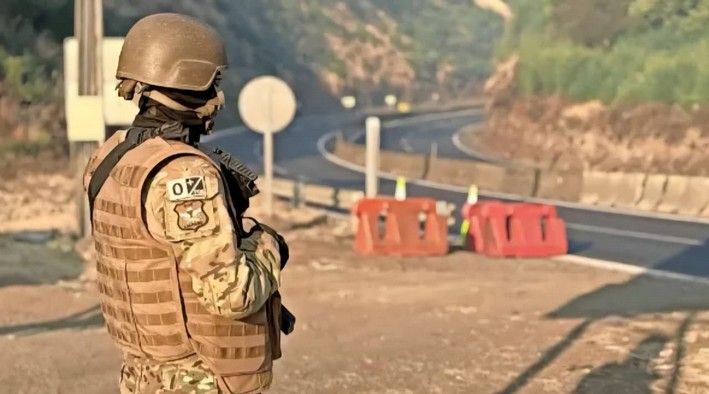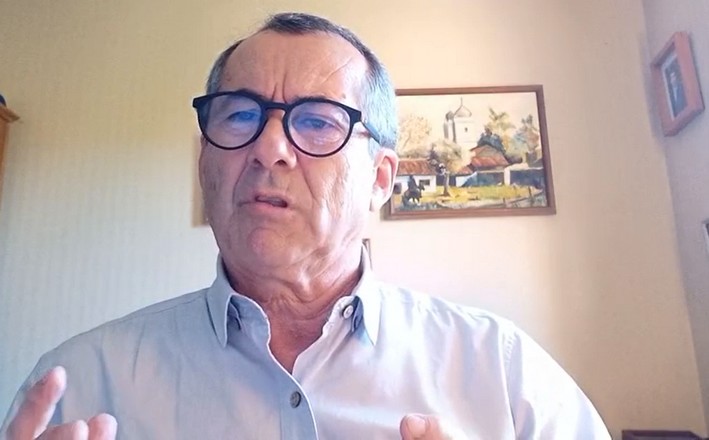Southern Macrozone: Violent incidents drop 85% since first state of exception
On October 12, 2021, the first constitutional state of exception (SOE) was declared in the southern macrozone, a measure that at the time sparked controversy and strong opposition in Congress. Today, four years after that episode, figures indicate that violent incidents have decreased by 85% compared to levels recorded in 2021, to the point that now there is an average of one violent incident per week, compared to more than six before the SOE was implemented.
These figures are part of an analysis by the Multigremial of La Araucanía (MGA), which examines the evolution of these incidents from the Biobío Region to the Los Lagos Region.
Pablo Urquízar, former national security coordinator of the Southern Macrozone, explains that the measure is "the most effective mechanism in reducing violent and terrorist incidents since 1997. Today, the level of violence is comparable to figures from 2014." He added that the measure "clearly established the framework for collaboration between the Armed Forces and the police in preventive and prosecutorial roles" and that "the state of emergency did not in any way violate fundamental rights and freedoms."
Comparative data
Patricio Santibáñez, president of the MGA, states that "it was a necessary and long-overdue measure." He recalls that prior to this, "we had around 25 to 30 serious incidents per month. Practically every day there was either an arson attack, an armed assault, an attempted homicide, and then unfortunately the fire season would begin, with multiple seasonal fires during the summer."
However, the MGA analysis indicates that between 2021 and 2025, "679 incidents of rural violence and terrorist acts were recorded under the constitutional state of exception." Comparatively, during Sebastián Piñera's administration and without SOE, 283 violent incidents were counted over 41.1 weeks (6.9 incidents per week). In the same administration, but under SOE, violent incidents dropped to 131 over 23.8 weeks (5.5 incidents per week).
During the Boric administration, and with a limited SOE, violent incidents totaled 345 over a period of 56.3 weeks (6.1 incidents per week). In contrast, with an expanded SOE, violent incidents totaled 203 over 108.3 weeks (1.9 incidents per week).
Nevertheless, the report states that during the more than fifty days without SOE at the beginning of President Boric's government, "the most violent period of the entire crisis occurred, with an increase to 14 incidents per week. Had that trend continued, the situation today would be chaotic with potential scenarios of lawless cross-conflicts. Since June 2023, the decline has been sustained for 27 consecutive months."
Regarding the measure's impact by region, Los Ríos recorded a 90% reduction in violent incidents, Biobío 94%, and La Araucanía 75%. In the latter, the situation is more complex, they explain, due to the number of roads and diversity of productive activities.
Source:El Mercurio









